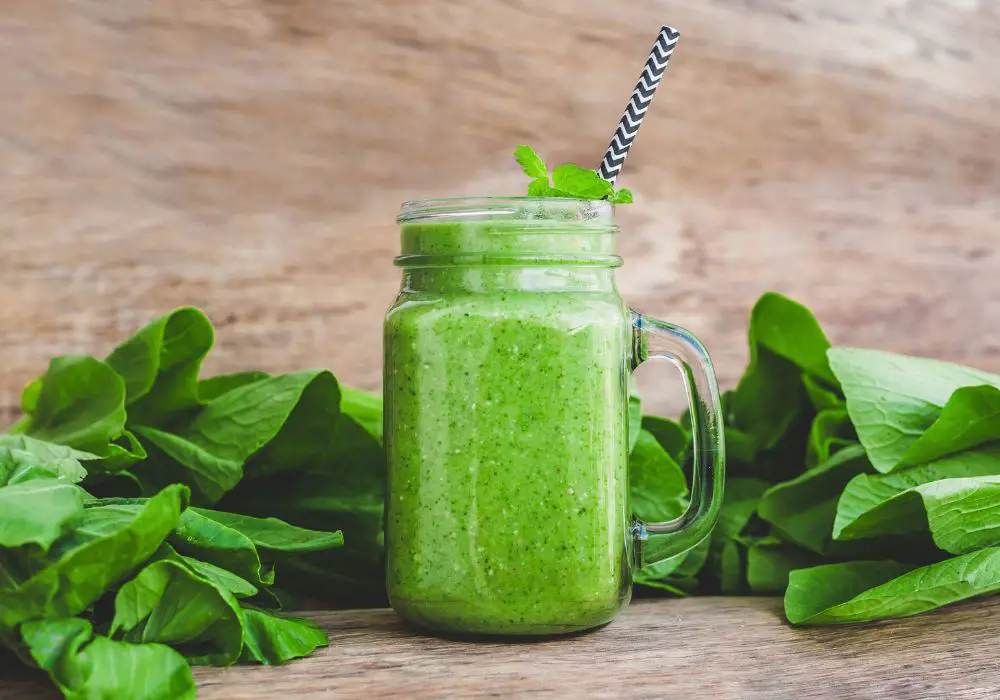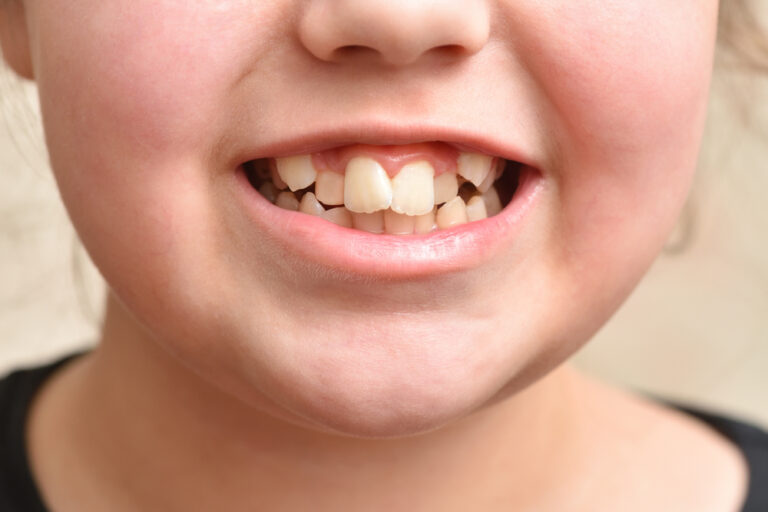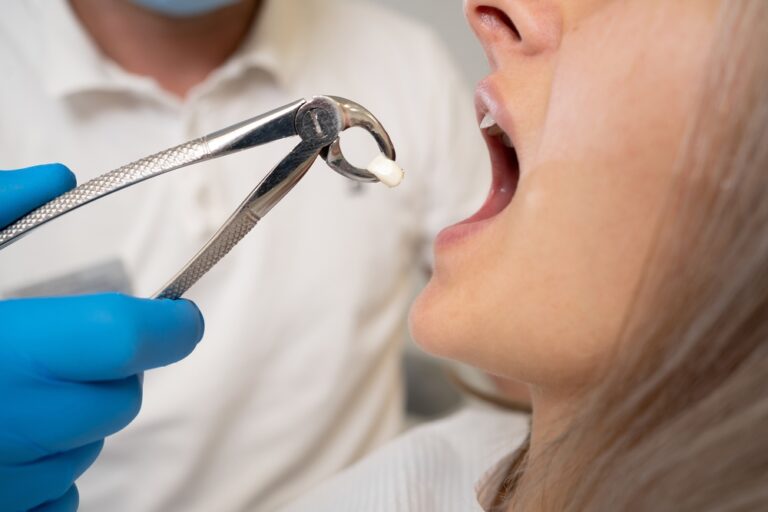Are you wondering if spinach is good for your teeth? You’re not alone. Spinach is a popular leafy green vegetable that’s loaded with vitamins and minerals. It’s also known for its health benefits, including its ability to improve heart health, lower blood pressure, and even promote healthy skin. But what about your teeth? Is spinach good for them too?
The answer is yes! Spinach is actually great for your teeth. It contains calcium, which is important for strengthening tooth enamel and bones. In fact, spinach is one of the best sources of calcium among leafy greens. Additionally, spinach contains other vitamins and minerals that are good for your teeth, such as vitamin C, which can help prevent gum disease. So, if you’re looking for a healthy and tooth-friendly vegetable to add to your diet, spinach is a great choice.
Understanding Spinach and Its Nutrients

What Is Spinach?
Spinach is a leafy green vegetable that is native to central and western Asia. It is a member of the Amaranthaceae family and is related to beets and quinoa. Spinach has been cultivated for thousands of years and is now grown all over the world. It can be eaten raw or cooked and is a popular ingredient in salads, smoothies, and many other dishes.
Nutritional Value of Spinach
Spinach is a highly nutritious vegetable that is low in calories and high in vitamins, minerals, and antioxidants. Here is a breakdown of the nutritional value of spinach per 100 grams:
| Nutrient | Amount |
|---|---|
| Calories | 23 |
| Protein | 2.9 grams |
| Fat | 0.4 grams |
| Carbohydrates | 3.6 grams |
| Fiber | 2.2 grams |
| Vitamin A | 56% of the Daily Value (DV) |
| Vitamin C | 14% of the DV |
| Vitamin K | 181% of the DV |
| Folate | 15% of the DV |
| Iron | 15% of the DV |
| Calcium | 10% of the DV |
| Potassium | 12% of the DV |
As you can see, spinach is a great source of vitamins A, C, and K, as well as folate, iron, calcium, and potassium. It is also high in fiber, which can help promote healthy digestion.
Spinach also contains a number of antioxidants, including lutein and zeaxanthin, which are important for eye health. These antioxidants can help protect your eyes from damage caused by UV light and other environmental factors.
In summary, spinach is a highly nutritious vegetable that is packed with vitamins, minerals, and antioxidants. Adding spinach to your diet can provide a range of health benefits, including improved digestion, eye health, and more.
Benefits of Spinach for Teeth

Spinach is a leafy green vegetable that is packed with nutrients like calcium, potassium, folate, and vitamin C. It has been associated with numerous health benefits, including promoting oral health and preventing tooth decay. Here are some of the ways spinach can benefit your teeth:
Promotes Oral Health
Spinach is a great source of calcium, which is essential for strong teeth and bones. Calcium helps to strengthen tooth enamel, the hard outer layer of your teeth that protects against decay. In addition, spinach contains compounds that can help to fight bacteria in the mouth, which can lead to bad breath and gum disease.
Prevents Tooth Decay
Spinach contains a compound called oxalic acid, which can help to prevent the formation of plaque on your teeth. Plaque is a sticky film of bacteria that can build up on your teeth and cause decay. Oxalic acid can also help to neutralize acids in the mouth that can erode tooth enamel.
In addition to these benefits, spinach is also low in sugar, which can help to prevent cavities. So next time you’re looking for a healthy snack, consider reaching for some spinach. Whether you add it to a salad, smoothie, or simply enjoy it as a side dish, spinach is a great way to promote oral health and keep your teeth strong and healthy.
How to Incorporate Spinach in Your Diet

Spinach is a great vegetable to add to your diet because of its numerous health benefits. It is packed with vitamins and minerals that are essential for maintaining good health, including calcium, iron, and vitamin K. Incorporating spinach into your diet is easy, and there are many different ways to enjoy this leafy green.
Spinach Smoothies
One of the easiest ways to incorporate spinach into your diet is by adding it to your smoothies. Spinach is a great addition to any smoothie because it has a mild flavor that won’t overpower the other ingredients. To make a spinach smoothie, simply blend together spinach, your favorite fruits, and a liquid of your choice, such as almond milk or coconut water. You can also add other healthy ingredients like chia seeds or flaxseed for an extra boost of nutrition.
Spinach Salads
Another great way to enjoy spinach is by adding it to your salads. Spinach makes a great base for salads because it has a mild flavor and a tender texture. You can add other vegetables, such as tomatoes, cucumbers, and carrots, to your spinach salad for extra flavor and nutrition. Top it off with a healthy dressing, such as a vinaigrette or a tahini dressing, for a delicious and healthy meal.
Cooked Spinach Dishes
Cooked spinach dishes are another great way to incorporate this leafy green into your diet. You can sauté spinach with garlic and olive oil for a simple and flavorful side dish. Spinach is also a great addition to soups and stews, adding flavor and nutrition to your favorite recipes. You can also add spinach to your pasta dishes by tossing it with your favorite sauce and some Parmesan cheese.
Incorporating spinach into your diet is easy and delicious. Whether you prefer to eat it raw in salads or cooked in your favorite dishes, spinach is a great addition to any meal. Try adding spinach to your smoothies, salads, and cooked dishes for a healthy and nutritious boost.
Frequently Asked Questions
Does spinach contain oxalic acid that can harm teeth?
Yes, spinach does contain oxalic acid, which can lead to a gritty film on your teeth after eating it. However, this does not mean that spinach is harmful to your teeth. In fact, the calcium oxalate crystals found in spinach are often used in dental treatments to remove sensitivity by targeting dentine below the enamel.
Can eating spinach help strengthen teeth?
Yes, spinach can help strengthen teeth. It is rich in calcium, which is essential for strong teeth and bones. Additionally, spinach contains vitamin C, which can help prevent gum disease by strengthening the connective tissues in your gums.
What are some other foods that can improve dental health?
Other foods that can improve dental health include leafy greens like kale and collard greens, dairy products like cheese and yogurt, and crunchy fruits and vegetables like apples and carrots. These foods can help remove plaque and strengthen teeth.
Is it safe to eat spinach every day for dental health?
Yes, it is safe to eat spinach every day for dental health. In fact, incorporating spinach into your daily diet can provide numerous benefits for your overall health, including your dental health.
Are there any negative effects of eating too much spinach on teeth?
Eating too much spinach can lead to staining of your teeth due to its high iron content. However, this staining is typically temporary and can be removed with proper dental care.
How can I prevent spinach from staining my teeth?
To prevent spinach from staining your teeth, try drinking water or rinsing your mouth with water after eating it. Additionally, brushing your teeth after eating spinach can help remove any stains and prevent them from setting in.







